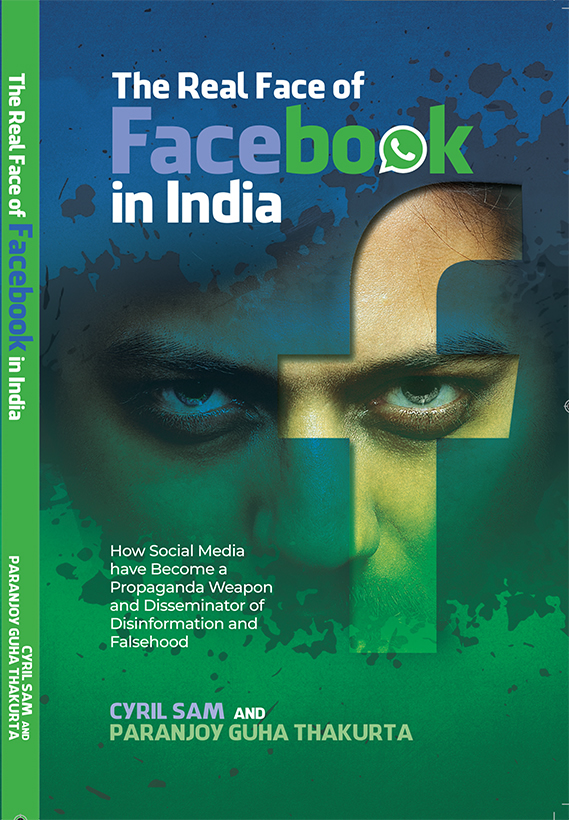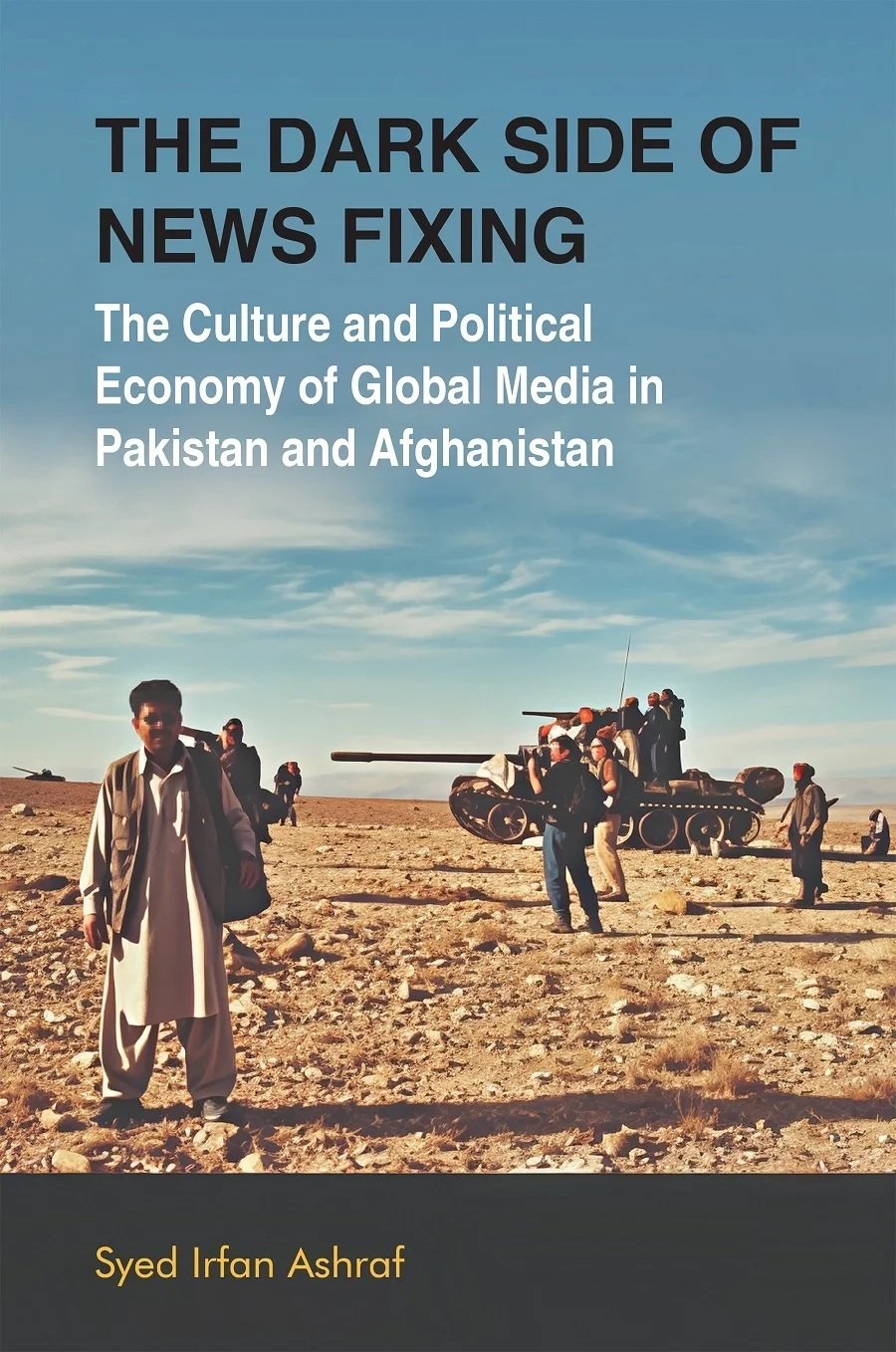The “restructuring” at Network 18 which resulted in the exit of an editor and three senior employees is becoming something of a cause celebre. Journalists organisations are taking it up and issuing statements, the mainstream media has begun writing about it. There have been sackings before but not over ESOPs, involving business journalists employed in a joint venture with an international business magazine, floated by a high profile media house owned by one of the country’s wealthiest magnates.
The Bombay Press Club has written to both Raghav Bahl of Network 18 and Reliance Industries Limited chairman Mukesh Ambani who acquired controlling interests in Network 18 a year and a half ago, on this issue. The Editor’s Guild has issued a statement that says the sudden removal “cuts at the very root of editorial independence.” Forbes International and Mukesh Ambani could do without publicity of this kind.
An ESOP or an employees' stock option plan -- through which employees receive the right to purchase a certain number of shares in the company they work for at a predetermined price as a "reward" and also to motivate them to keep improving their performance -- is meant to ensure that employees get a sense of "ownership" or "belonging" in the organization that has engaged their services.
Ironically, in the Network 18 group, ESOPs became a big point of contention that led to the departure of four senior journalists of Forbes India. Instead of inculcating a sense of belonging, ESOPs became the reason why the journalists stopped belonging to one of India's biggest media groups. The editor who was sacked because he was asked to resign and refused, has been given three months salary which he has not banked in protest. the other three have been given single cheques containing an ex gratia amount and one month’s salary, The payouts range between Rs 12 lakh and Rs 20 lakh.
The journalists -- former Forbes India editor Indrajit Gupta, managing editor Charles Assisi, director, photography Dinesh Krishnan and executive editor Shishir Prasad -- allege that they have been removed in an illegal, arbitrary, peremptory and unfair manner, largely on account of their refusal to accept an ESOP that was substantially different from what they had been promised four years ago.
A representative of the organization that employed these journalists, however, claimed to The Hoot that their departure took place in a legal manner and was a consequence of an internal exercise that entailed reorganisation of top editorial personnel.
On 27 May and the day after, the four journalists were called separately to meetings where the Network 18 group's human resources head Shampa Kochhar and Raghavan Jagannathan, the group's recently-elevated editor-in-chief in charge of web and publishing, were present. At the meetings, the journalists were told in so many words that they should quit.
Other than Gupta whose services were terminated because he refused to resign, the three other journalists resigned but thereafter claimed that they were made to resign under duress. A fifth senior journalist of Forbes India, online director Deepak Ajwani, who had also been offered an ESOP in 2009, chose to remain in his job.
Gupta, Assisi, Krishnan and Prasad said that at the time they joined the Network 18 group, their employment contracts specifically mentioned that they would be offered ESOPs within four years which would be underwritten by their employing company and allege that this was not complied with.
They added that they may not have left their old employers if the ESOP offers had not been made when they joined the Network 18 group. (For instance, Gupta, who had earlier worked as resident editor of Economic Times said, it had been made amply clear to him that the ESOP offer would be an integral part of his remuneration package when he joined the Network 18 group.)
It is learnt that the total value of the shares that were supposed to be offered under the ESOPs to the four journalists aggregated Rs two crore and that shares worth this amount would be vested with them over a period of four years from their date of joining.
The fourth anniversary issue of Forbes India had been prepared and the four senior journalists said that they were getting impatient because no ESOP offer was forthcoming. When they kept insisting that an ESOP offer be made, a few days before they were asked to quit, on the evening of May 24, they allege that each of them was made a "vague", "unclear" and "dud" ESOP offer. They were told that if they did not accept the offer, it would lapse within 48 hours.
"It was like holding a gun to our heads," said one of the journalists. "We were not given time to make up our minds and evaluate the ESOP offer. When we read through what had been given to us, we realised that the option value had not been disclosed."
Still, Gupta and his colleagues did not, perhaps, realise that the ground was being prepared to remove them. "Our work was being praised and we did not imagine that we were soon going to be declared redundant in the new scheme of things, which included a combined newsroom with Jaggi (as Jagannathan is referred to) as the editor-in-chief," said the journalist quoted earlier.
On 5 June, The Hoot emailed the following questionnaire to Sai Kumar, Group CEO, Network 18 and Jagannathan, Editor-in-Chief, Web & Publishing, Network 18:
- It has been alleged by Indrajit Gupta, Charles Assisi and Dinesh Krishnan that their resignations were sought and their services terminated in an arbitrary and unfair manner. What are your reactions?
- They further allege that they were not informed until recently that their services had become redundant. On the contrary, they claim that their contributions to Forbes India had been acknowledged and appreciated. Thus, the decision to dispense with their services was sudden and abrupt. Your views on these claims are solicited.
- It is alleged that attempts were made to make the three individuals mentioned sign prepared resignation letters under duress in a coercive manner. Your reactions to these allegations are sought.
- It has been further claimed by the three individuals named that when they were offered employment, they were promised and assured in writing that an Employees Stock Options Programme (ESOP) would be offered to them by their employing company as part of their remuneration package. However, such an offer was not made for over four years. Subsequently, they were offered an ESOP with which they were not satisfied and that the offer of the ESOP was valid for a very short duration of two days. Moreover, the terms of the ESOP offered were allegedly vague. Are these allegations and claims correct?
- It is correct that their severance package was limited to three months pay, the standard notice period?
- The above named individuals allege that senior representatives of their employing company acted in a vindictive manner against them when they insisted that an ESOP offer be expeditiously made and that this is the real reason why they were asked to leave. What are your views on these allegations?
- They also claim that the actions of certain senior representatives of their employing company have caused them mental stress and constitute acts of harassment. They have sought that they be reinstated in their positions, paid whatever dues they had been promised and be adequately compensated for the stress that has been caused and for the alleged damage that has been inflicted on their reputations. What are your reactions in this regard?
The following reply was sent by Kshipra Jatana, group general counsel, Network18 Media & Investments Limited:
"As required by you, we would like to clarify that the company has been keen to retain relevance and viability for its print and digital products. It was therefore decided to work towards a common newsroom including print and digital properties to improve content synergies. Simultaneously it was also important to make changes in the print business model and focus to give it a new direction in a fast digitalising world.
"It was in this context that the company had to make editorial leadership changes to have proper alignment and focus.
"The company adhered to all its legal obligations while making the changes in the editorial leadership, including the terms of the employment contract."
The reply by Jatana, it may be noted, did not answer the specific questions that were raised about ESOPs.
This development in Network 18 has highlighted how vulnerable even senior journalists have become in a media environment that has become increasingly uncertain and volatile, an environment where the journalist's ability to generate profits for her/his employer often takes precedence over his/her ability to generate editorial content that may be considered commendable.
Simply put, the four journalists had to leave because their employer decided to take a call on how to continue bringing out an internationally prestigious publication that specialises in drawing up lists of the affluent. (The franchise/licensing agreement between Forbes International and Network 18 is reportedly for a period of six years.)
The media in India and many parts of the world are going through a particularly difficult phase with profitability getting squeezed on account of a double whammy: shrinking, stagnant or slow increases in advertising expenditures coupled with the growing influence of the internet which is weaning readers away from the printed word.
The four journalists who had to leave their jobs at Forbes India are the latest victims of the collateral damage inflicted by the economic recession/slowdown on the media.


